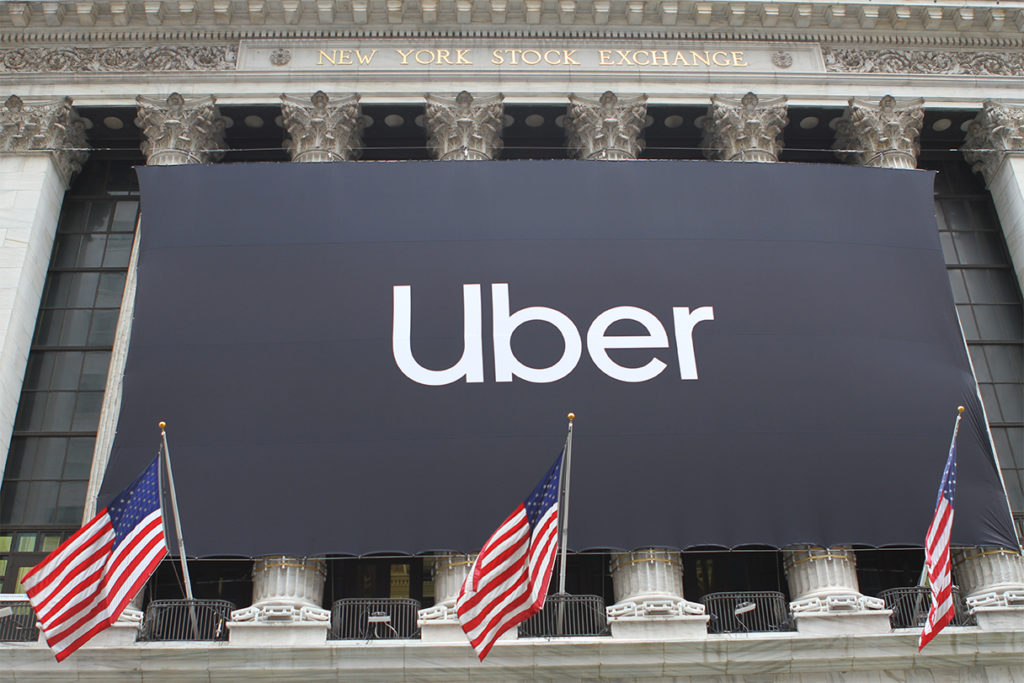After the Uber ruling, most felt that either employment claims or HMRC would bring gig economy companies to justice. But an unlikely hero emerges… The US Stock Market.
Since the Uber ruling in February, confidence in tech-based gig economy business models is low. The Supreme Court ruling, as discussed in a few of our recent blogs, shows that at the very least the way that companies like Uber engage their drivers is unsustainable. However, some commentators have argued that the ruling won’t have as much of an effect on Uber’s profitability as the winners of the claim would have you believe.
The Uber Effect
Uber’s PR team didn’t do a great job of following the age-old process of saying sorry and making a show of contrition. Instead, they gave a frankly dismissive statement hastily followed by a press release admitting their ‘willingness to change’ and offering their drivers holiday pay, pension contributions and a guarantee of the National Living Wage. It was a big step but ignored significant parts of The Supreme Court decision.
Uber’s introduction of added benefits for drivers comes after logistics and delivery giant Hermes created ‘self-employed plus’ in partnership with the GMB union in 2019. There is no doubt that similar companies in the gig economy will follow suit, probably faster than ever.
Uber Only Got A Slap On The Wrist, But It Was In Front Of The Whole Class
The Supreme Court Ruling stopped Uber from evading certain responsibilities and sent a clear message to them and companies that operate in a similar way. However, it remains to be seen what financial implications Uber will face from employment claims from ex-drivers or how heavy-handed HMRC will be.
From a purely economic perspective, it appears to have lowered confidence in companies like it and to have raised questions regarding the sustainability of business models in the gig economy. Deliveroo floated its shares on the stock market at the start of this month, and so far the result appears to be a big flop.
Deliveroo blamed the market, but many pundits pointed to concerns relating to the employment status of its riders and drivers as the real reason for the failure. Deliveroo lowered its share launch price, claiming to choose ‘to price responsibility’ under ‘volatile global market condition’. Journalist James Dean from The Times said, ‘This is straight out of the public relations playbook for hyped floats that are losing steam’.
Deliveroo and Uber are more similar than they seem. The only difference that is that one delivers people and the other, food. In fact, the Uber Eats arm of the American firm’s operation places them in direct competition. And both companies have gig workers at the centre of their business and seem at pains to provide them with as few workers rights as possible.
Several major investment managers are believed to have had workers’ rights concerns that prevented them from taking advantage of Deliveroo’s stock market float. Its proved a humbling experience for a company that can be accused of ignoring the day-to-day needs of the workers that constitute the heart of its business.
For Once, A Lack Of Workers Rights Is Genuinely Bad For Business
Jitse Groen, boss of Just Eat, prodded his competitors at Deliveroo, questioning their ability to make a profit. He says that during the pandemic, Just Eat is only making a profit on its marketplace business – where food outlets pay to list their menus on the website but deliver it themselves. Their logistics arm, he says, is losing money. Deliveroo doesn’t have a marketplace and relies solely on making money by delivering on behalf of restaurants, cafes and pubs.
Groen said that his competitors are ‘not necessarily following the law. So you will see a lot of court cases, a lot of fines, a lot of back taxes and social security that need to be paid. I think this is very problematic’. The Just Eat boss gives insight into why workers’ rights are likely to put off potential investors, and it’s not just empathy for the everyday working driver.
The risk of monumental tax bills could be devastating to the company. In our February blog we calculated that Uber’s liability, for example, is up to £3bn. With a practically identical business model, it’s not difficult to see why Deliveroo isn’t being looked upon favourably by potential investors.


